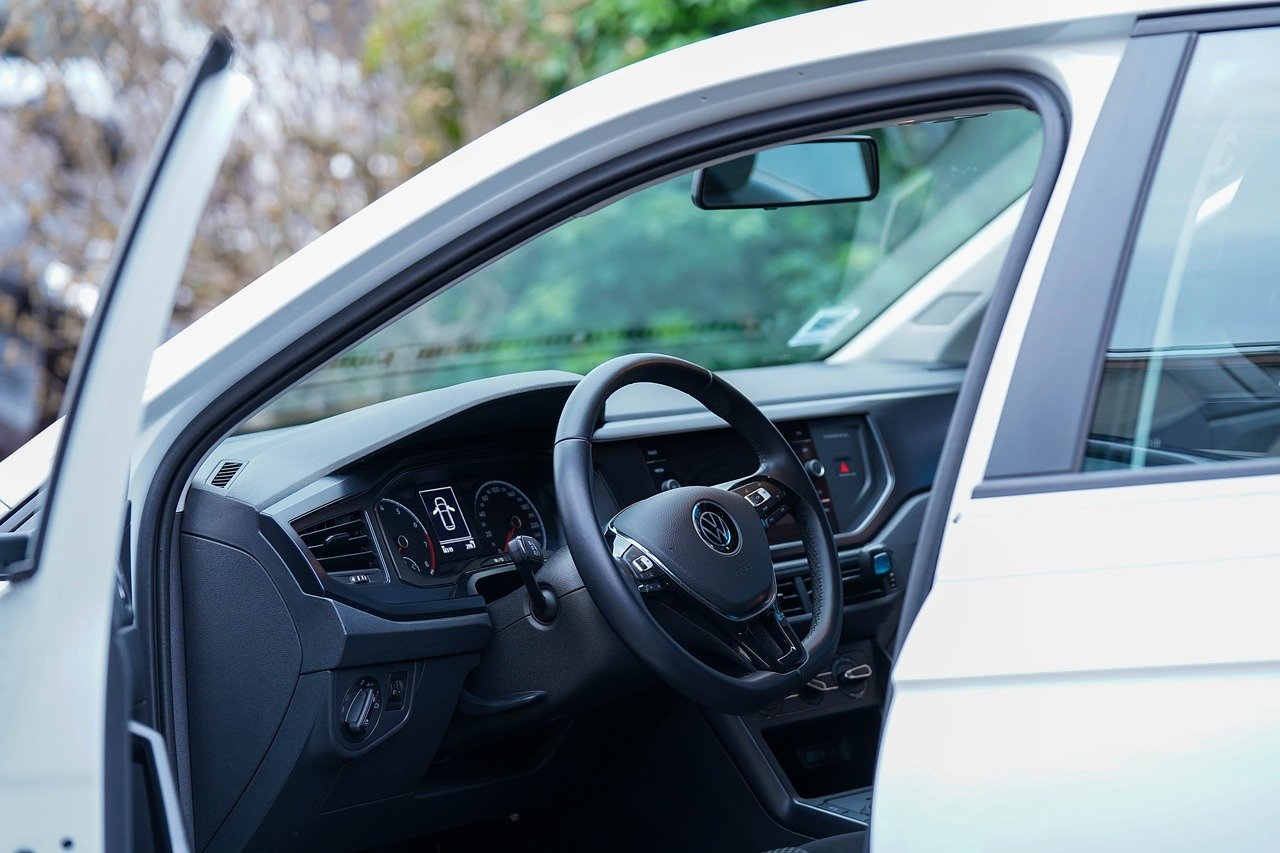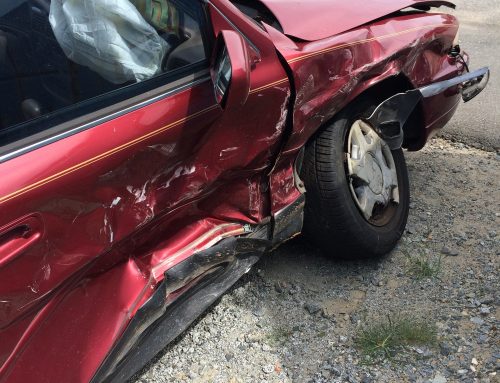Getting into a car accident is a traumatic experience, and not everyone wants to investigate every component of the situation thoroughly; they just need help. Something that the average driver may overlook after their accident is whether a vehicle defect may have contributed to the crash. Today, we want to provide a clear, no-nonsense guide to vehicle recalls as they relate to personal injury lawsuits and give you the confidence you need to reach out to our personal injury professionals.

What Are Vehicle Recalls?
When we hear about a vehicle recall, it usually means the manufacturer or a government agency has identified a critical problem that impacts the safety or reliability of a car. Some of the most common recalls occur because of faulty brakes and airbags, steering issues, or safety-related defects that make the vehicle much more dangerous than it would otherwise be. When a defect is discovered or reported, the manufacturer issues a recall, and owners are encouraged to bring their vehicles in for repairs at little to no cost.
Recalls are not a legal requirement, and companies do not always actively seek out drivers and offer repairs for recalls. That doesn’t mean they can refuse repairs, but it does mean that drivers who ignore recall warnings can continue driving dangerous cars, either dangerous to themselves or others.
How Do Recalls Affect a Personal Injury Lawsuit?
Now, the main question: how do these recalls impact your personal injury case, whether the defect is in your car or the other party’s vehicle?
If you were injured in an accident caused by another driver and their car had an open recall, this could actually be beneficial to your claim. It introduces the possibility of additional liable parties beyond just the other driver. Depending on the situation, the manufacturer of the faulty part could also be held liable. This might mean you have more sources to pursue compensation from, which could lead to a better overall outcome.
However, having a recall involved in the case doesn’t guarantee success. Your attorneys must prove that the defect directly caused the accident and that the driver did not take the necessary steps to address the recall. If the other driver ignored recall notices, it could indicate negligence on their part, strengthening your claim. At the same time, if a manufacturer issued a recall, it might be easier for them to avoid blame, since they have already taken steps to fix the issue. The compensation available to you will depend on how well your personal injury attorneys can prove that negligence on the part of the other parties contributed to your current injuries.
If it turns out that your own car had an unaddressed defect and this played a role in the accident, things can become more challenging. Ignoring a recall notice might count against you, but this depends on several factors: Was the recall well-publicized? Did you have a reasonable opportunity to fix the problem before the accident? Essentially, your defenses and arguments would focus on whether the vehicle maker is responsible for your accident because they produced a faulty product.
Florida’s comparative negligence rule means that one single piece of evidence isn’t enough to make or break your case. If car defects and recalls were partially responsible for your accident, their presence in your car or the car of another negligent party might increase or decrease your compensation. Call Probinsky & Cole today and allow our experienced Florida personal injury attorneys time to review your case and provide our recommendation on your best path forward. We can give detailed advice after learning more in your free initial consultation.







